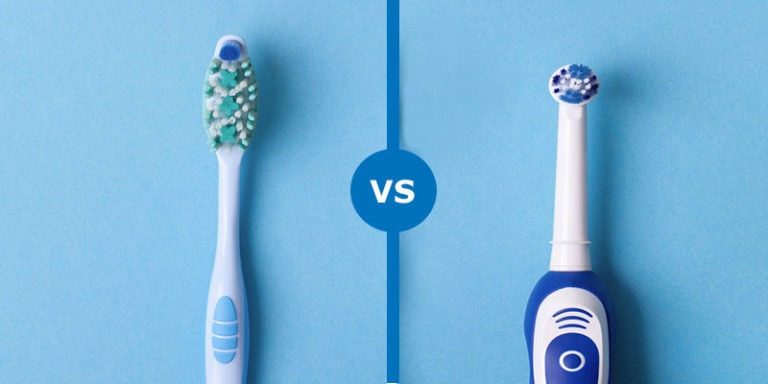
We’ve all either seen or heard about electric toothbrushes. While they aren’t new, these automated inventions have gained a lot of popularity in recent years. One can’t help but wonder, then, about what they have over manual toothbrushes. You can shrug them off as useless, sure. After all, on the surface, their sole purpose might seem like it’s to save us 2-3 minutes of strenuous physical labor every day, as one Reddit user once sarcastically pointed out. At first glance, it does make us wonder, have everyday tasks become too much of a hassle for us?
But while it’s fun to pore over the causes that led us to choose electric toothbrushes, it’s also important to realize that their real value goes deeper. Electric toothbrushes weren’t just invented to make brushing our teeth easier; they were also meant to address chronic illnesses, including arthritis, aid people with limited mobility, or just help out people who want a deeper, more accurate clean. And for anyone looking to go beyond at-home care, regular checkups at the best dental clinic in Dubai ensure that your brushing routine is supported by professional expertise.
That said, manual toothbrushes have been trusted for centuries, since the dawn of time, in fact. Everyone we know has used one at some point in their life. They’re reliable, replaceable, and less costly to maintain, so it’s safe to say they’re not going anywhere, anytime soon!
The craze over electric toothbrushes can be overwhelming and send you running to get one. So, to help you out, here’s a way to pick what suits you best!
Electric Toothbrushes & The Myth of Deceptive Convenience
Contrary to the belief of the sarcastic Reddit user who dismissed them as “uselessly convenient,” electric toothbrushes have actually been proven to remove more plaque and be more effective at fighting gingivitis than manual ones. The high-speed bristle vibrations also deliver way more micro-cleaning per swipe.
Additionally, they’re absolutely ideal for people who suffer from limited mobility, which regularly occurs in illnesses such as arthritis or Parkinson’s. You might think of getting one for your kids, too, since they’re a lot easier to use than manual ones and don’t require constant supervision.
Some even come with built-in timers that encourage you to hit the 2-minute mark, resulting in a much more effective cleaning session, if you like to add a challenging flair to everything you do. What’s more, swapping the heads cuts down on waste. That is, unless you’re using a disposable one, in which case, never mind.
But here’s what nobody tells you: That expensive brush won’t clean your teeth for you. If you just slap it against your teeth and hope for the best, cavities could very well still form, just more expensively. That’s why it’s best to forego bad habits before investing in fancy tech!
Manual Toothbrushes & The Comfort of the Familiar
Let’s give credit where it’s due—manual toothbrushes are the ultimate quick, low-maintenance tools that accompany us everywhere we go. They’re cheap, available at every corner store, and they don’t require any charging, so there’s no need to panic if you forget to do so before a big trip, for example.
For those with a delicate touch or strong opinions about their brushing technique, that hands-on control simply can’t be beaten. There’s a quiet satisfaction that you feel once you clean your teeth yourself, and it’s perhaps why most people who opt for manual brushing fear missing out on if they make the switch.
But here’s the catch: These toothbrushes demand skill. Without the convenience of a built-in timer, your recommended 2-minute brush could depend entirely on your ability to stay focused while brushing. For those with arthritis or shaky hands, the circular motion that most doctors recommend can become a real challenge.
All in all, manuals do get the job done. However, you’d have to be willing to put in the work and make sure your teeth are being cleaned effectively.
What to Choose, Then?
Picking out your next toothbrush really shouldn’t be so daunting a task, since both electric and manual toothbrushes have their merits. In review, electric toothbrushes are the overachievers with fine automated bristles and built-in timers, and they’re ideal for people with limited mobility. On the other hand, manuals have less of an advantage but are still practical. They’re affordable, low-maintenance, and brutally honest about your brushing skills.
The consensus: If you prize maximum cleaning with minimal effort and money is no issue, go for an electric one. However, if you want a budget-friendly option or prefer to hone your current technique, stick with manual. And remember—while your toothbrush plays a big role in daily care, achieving a picture-perfect look often requires professional treatments such as a Hollywood smile in Dubai, designed to give you the kind of confident smile no toothbrush alone can deliver.
If you’re still in doubt, though, don’t hesitate to ask your dentist for a bit more clarity!